
Beer is supposed to be fun. I interviewed an incredibly successful CEO of a social media marketing firm last year. At one point I asked him to share a few examples of how a craft brewery might be more successful with its marketing strategies. Among other things, he noted: “Be fun and happy. No one wants to hear the bad in the world. Be an escape.” I thought, yeah, I guess that makes sense. Beer is a social lubricant. It helps people feel comfortable. Why do otherwise?
It is true craft breweries specialize in feel good products and experiences, but they are also often community centers. They are places where people gather (at least they used to be) to talk about nothing at all, but also important topics of the day. Craft beer businesses are almost mandated by craft culture to support some philanthropic cause. Rescue dogs. Forest fires. Food banks. Craft breweries have become venues for the community to do good and open eyes, and it’s not always fun.
Well, there is an extremely serious subject that needs more eyes, and I think craft breweries, beer professionals and anyone reading this article can help make a difference. Human trafficking and sexual slavery. You read those words, but what do they really mean? Here’s an example:
“[This one] young lady was trafficked in the Bay Area from about age three or four — she’s not quite sure — until she was 12 by her birth mother,” said Sharon Wood, executive director of New Day for Children. “She was incredibly abused. When we found her, she had bed bugs, scabies and a chronic infection. She’d been homeless. Her mom pulled up on a street corner in Oakland when she was 12 and put her out of the car and never came back. So, she was homeless for two or three years.”
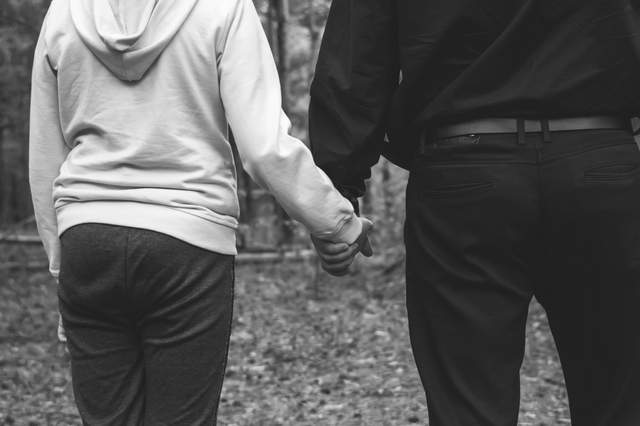
You read a story like that (let alone hear someone tell it), and your mouth hangs open for more air. Your heart hurts, and you feel the need to help. No better time than the present. January is actually National Slavery and Human Trafficking Prevention Month, and we’ve been trying to keep the subject top of mind over the last few weeks. New Day for Children is a great organization, and it provides support and assistance to American girls who have been recovered from sex trafficking.
“[The young lady mentioned] was in one of our partner programs for about a year and a half, and now we’re still supporting part of her care in a private placement in another state, as she graduates high school this spring with straight A’s,” said Wood. “She’s already been accepted to both the colleges she applied to, and she’s made her choice of where she’s going to go and has a full academic ride.”
Your next read? Maybe our Sober Up series of investigative reports. Check this out. “Sober Up: The nascent Michigan hop industry won’t survive without your help.”
It’s clear getting involved makes a difference. A long-time supporter of New Day for Children, Laura Markstein, president of Markstein Sales Co. (a 100-year-old beer and bev wholesaler in San Francisco), only had to see a billboard one day to get involved.
“I was driving home from work, and I saw a billboard that said, Stop Human Trafficking in Contra Costa County,” she recalled. “And, you know, I was naïve to think that it didn’t happen in our suburban areas. That it was only a big city problem. And low and behold, it happens in every community all over the United States. I was just shocked. How can this be happening? And coincidentally, a very good friend of mine invited me to an event for New Day for Children. And I said, absolutely. It was a small event, and this young woman spoke and it was just heart wrenching. I just couldn’t turn away. I wanted to do something. I wanted to partner with them, and so that was the beginning of our relationship and I haven’t looked back.”
Move to action
It would not take long for Markstein (the company and its majority owner) to move from support role to activist. Markstein Sales Co. is a wholesaler that sells and distributes macro brands like Anheuser-Busch and Constellation and craft brands like Ninkasi, Firestone Walker, Stone and Shiner. Founded in 1919 with just a horse, a wagon and six cases of beer, Markstein Sales is now in its 101st year and distributing over 4 million cases annually to 1,500 retailers in the Bay Area. That enormous distribution system, with its business-side access to hundreds of bars, eateries, gas stations, grocery stories, whatever, is an ideal trade to help spot human trafficking.
“Sex trafficking in general is a hidden crime,” said Markstein, “but distributors can really help identify possible trafficking victims because they are constantly out on the road. They see things that most of us don’t see, making deliveries to hotels and motels, restaurants, bars, places where trafficking may be happening. They’re seeing things that most of us do not. Also, Markstein Sales Co. has put the national trafficking hotline on the side of our trucks. If a young lady or young man is in a car that’s being trafficked, they could see that number. You know, you see it often enough, you’re going to memorize it and hopefully have an opportunity to make a call.”
Markstein has been a long-time supporter and sponsor of the New Day for Children organization, but the company also jumped at the chance to join a nationwide campaign last year with the National Beer Wholesalers Association (NBWA) where beer distributors, who collectively visit more than 600,000 retail establishments across the country, are playing a pivotal role in identifying and reporting sexual slavery. NBWA has already trained 8,300 beer distribution employees to safely spot and report the signs of human trafficking with its Distributors Against Human Trafficking initiative (started July 2020). NBWA has a goal of training 10,000 employees by the end of 2021. How did this all start?
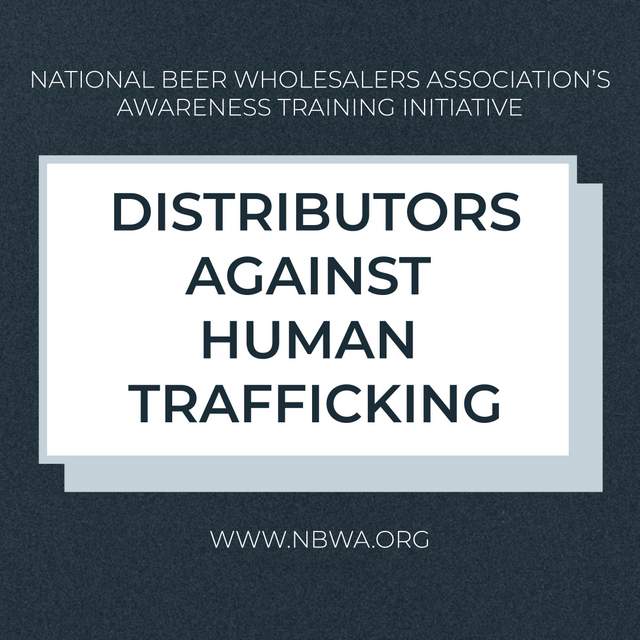
“Texas ABC [Alcoholic Beverage Commission] started a program with distributors in their state,” explained Lauren Kane, VP of communications at NBWA. “They began training distributors to recognize the signs of human trafficking and how to safely report it as they were going about their daily jobs, delivering beer to dozens of accounts each day. One of our members by the name of Caylin Wiebe of Del Papa Distributing informed us about this awesome program that was underway in Texas with the idea that this would be a great initiative to take to a national scale. We agreed and began developing a program to educate distributors throughout our national network about the common red flags associated with human trafficking and how to safely report it.”
That Texas program showed big results too, but also a big problem. In 2019, complaints to the Texas ABC were up 175 percent compared to 2017, and for the same time period, license and permit cancellations, suspensions or civil penalties were up 92 percent due to human trafficking investigations. Visibility of the issue was/is key to combatting it. Consider there were only 11,500 human trafficking cases reported in 2019, and in reality, there were so many more. California has consistently had the highest human trafficking rate in the United States with 1,507 cases reported in 2019. More must be done, so…
How can you help?
First, sober up. Take off the blinders. Pick your idiom. It’s time to wake up. Every state, county, city and town in America has this problem. That means it’s happening in your community. With that in mind, let’s get started with 1) training, 2) support and awareness campaigns and 3) vigilance.
Don’t worry. This won’t take long, and it’s not complicated. Let’s take our cue from the NBWA program. Anyone can visit the NBWA Human Trafficking Awareness Center and watch its eight-minute training video and learn signs for spotting human trafficking and what to do next. NBWA recommends showing the training video to all staff and even suggests inviting your state attorney general or an elected official to come to the warehouse or record remarks to show before screening the video. Then provide staff with tip cards (click here!) listing human trafficking red flag behaviors.
“I think it’s been a lightbulb moment for a lot of people because when you think of human trafficking, you think of it happening in big cities or along the border,” said Kane. “The Montana Beer and Wine Distributors Association has actually launched its own customized initiative that they’ve spun off of our initiative. After they heard the initial presentation, they reached out to a local nonprofit and learned human trafficking is actually a pervasive problem in Montana. They said, you know, we’re a rural sparsely populated state, and we never thought that something like this would happen here.”
The NBWA Human Trafficking Awareness Center is also full of great info to distribute, hang or post at your brewery (breakroom posters, tip cards, website badges and truck signs). Training and awareness are imperative, but so is stepping up and picking an org to support.
“I think the first thing is to empower your people,” said Wood. “Educate and then train them to be able to spot the signs of human trafficking. That’s huge in and of itself. Beyond that, New Day for Children, it’s about $5,000 a month per child for long-term care. New Day for Children will support their care for as long as they need it, but our average is 15 months. We’ve supported care for well over four years. We’re finding that it’s a long healing journey, and most families can’t afford $5,000 a month for 12, 15, 18 months, two years, so we do special fundraisers. There’s employee matching. We’d love to have you as a sponsor for our annual birthday party in the fall. Those types of things would be all great things to do.”
There’s also the opportunity to bring awareness to your patrons and government officials. The NBWA Human Trafficking Awareness Center (click here!) has a social media toolkit to share your involvement, tools to look up state-specific statistics on human trafficking and letter templates to notify elected officials about involvement. Then it encourages trainees to partner with retail organizations, say your state’s restaurant association, and sell them on similar training and awareness programs.
“Selling children for sex. It’s the second fastest growing criminal industry in our country,” said Wood. “The reason for that is it’s incredibly lucrative. I can sell you a drug or a weapon once, but I could sell you a child multiple times.”
How do you spot it?
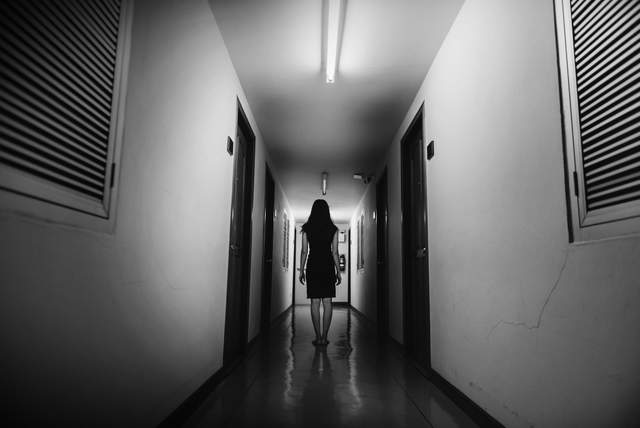
“Why is she dressed inappropriately? Why is this older man with these two girls or boy? Why do they look timid and frightened? Something doesn’t feel right to you,” said Markstein, giving examples. “It’s okay to say something. It’s okay to make that call. Just the awareness of the situation is key.”
“I’ll add on to that,” said Wood. “Look for signs of abuse. If they see a child that’s out, and they have bruises or burns or cuts. If they, like Laura said, seem timid or they’re not allowed to speak for themselves. They’re being coached what to say. That’s another sign. Are they missing school? Are they overly tired? Do they have more than one cell phone? Or all of a sudden are they getting their nails done? Do they have money?”
Let’s not sugarcoat it: These may be kids you know personally. “I discovered that a young lady in my Sunday school class was being sold for sex,” said Wood. “She was 12 at the time, and it started when she was just 10 years old. Her dad was selling her in the Pleasant Hill area out of her bedroom.”
Craft Brewing Business won an investigative reporting award for its story on the New Belgium Brewing acquisition by Kirin. Read it here!
Recognizing key indicators of human trafficking is the first step in identifying victims and can help save lives. Here are some common indicators via Homeland Security and its Blue Campaign indicator card, which is a small plastic card that lists common signs of trafficking and how to report the crime.
- Does the person appear disconnected from family, friends, community organizations, or houses of worship?
- Has a child stopped attending school?
- Has the person had a sudden or dramatic change in behavior?
- Is a juvenile engaged in commercial sex acts?
- Is the person disoriented or confused, or showing signs of mental or physical abuse?
- Does the person have bruises in various stages of healing?
- Is the person fearful, timid, or submissive?
- Does the person show signs of having been denied food, water, sleep, or medical care?
- Is the person often in the company of someone to whom he or she defers? Or someone who seems to be in control of the situation, e.g., where they go or who they talk to?
- Does the person appear to be coached on what to say?
- Is the person living in unsuitable conditions?
- Does the person lack personal possessions and appear not to have a stable living situation?
- Does the person have freedom of movement? Can the person freely leave where they live? Are there unreasonable security measures?
“The beauty of this is it doesn’t take a tremendous amount of time to convey the message and really just spend, you know, 20 minutes, 30 minutes with your team saying, this is real, this happens and here is what you need to do to be aware of it,” said Markstein. “Here are the top 10 things to look for. Just putting that number in their hands, saying here is the number to call. If you see something that doesn’t look right, you know, young girls at a liquor store corner at 6:00 a.m. in the morning when you’re making that delivery, make the call.”



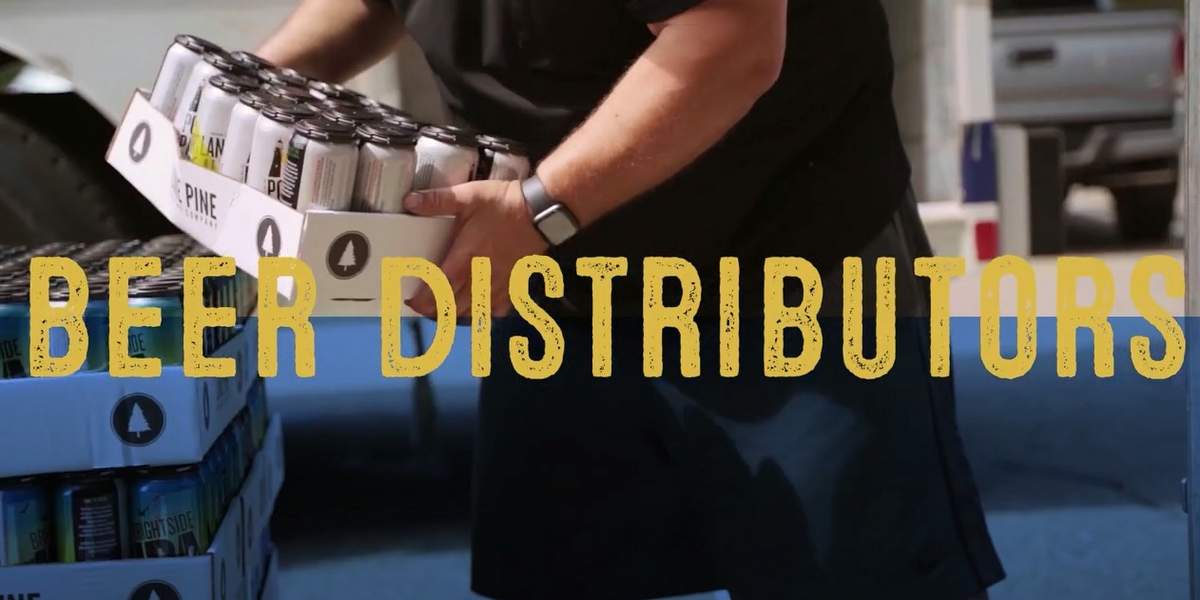
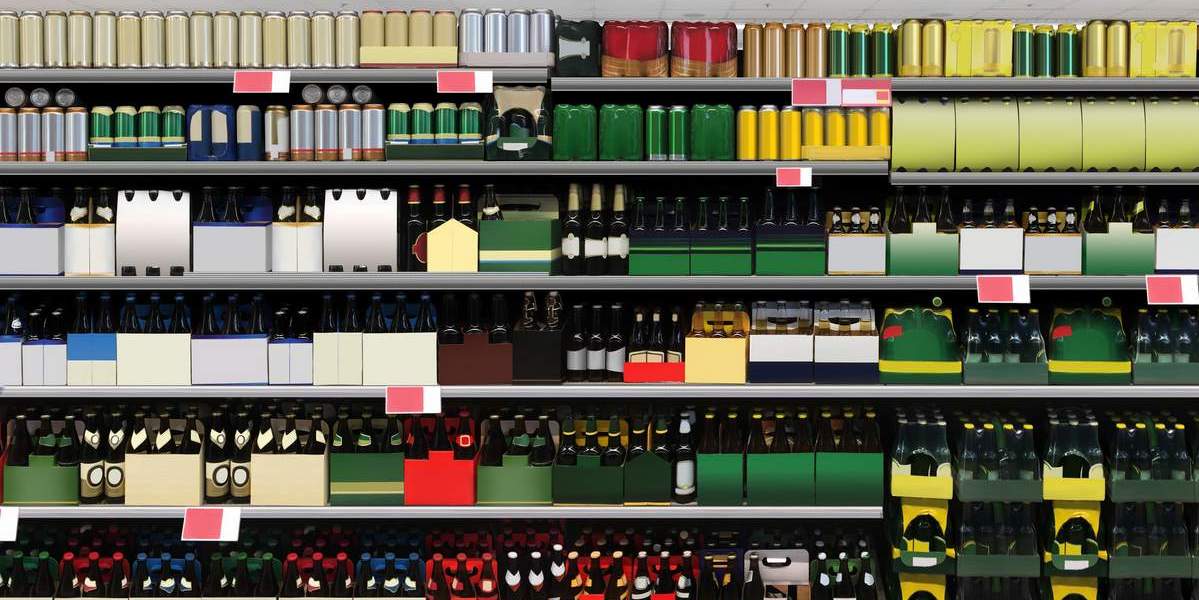

Barbara Richison says
Good article, excellent info!